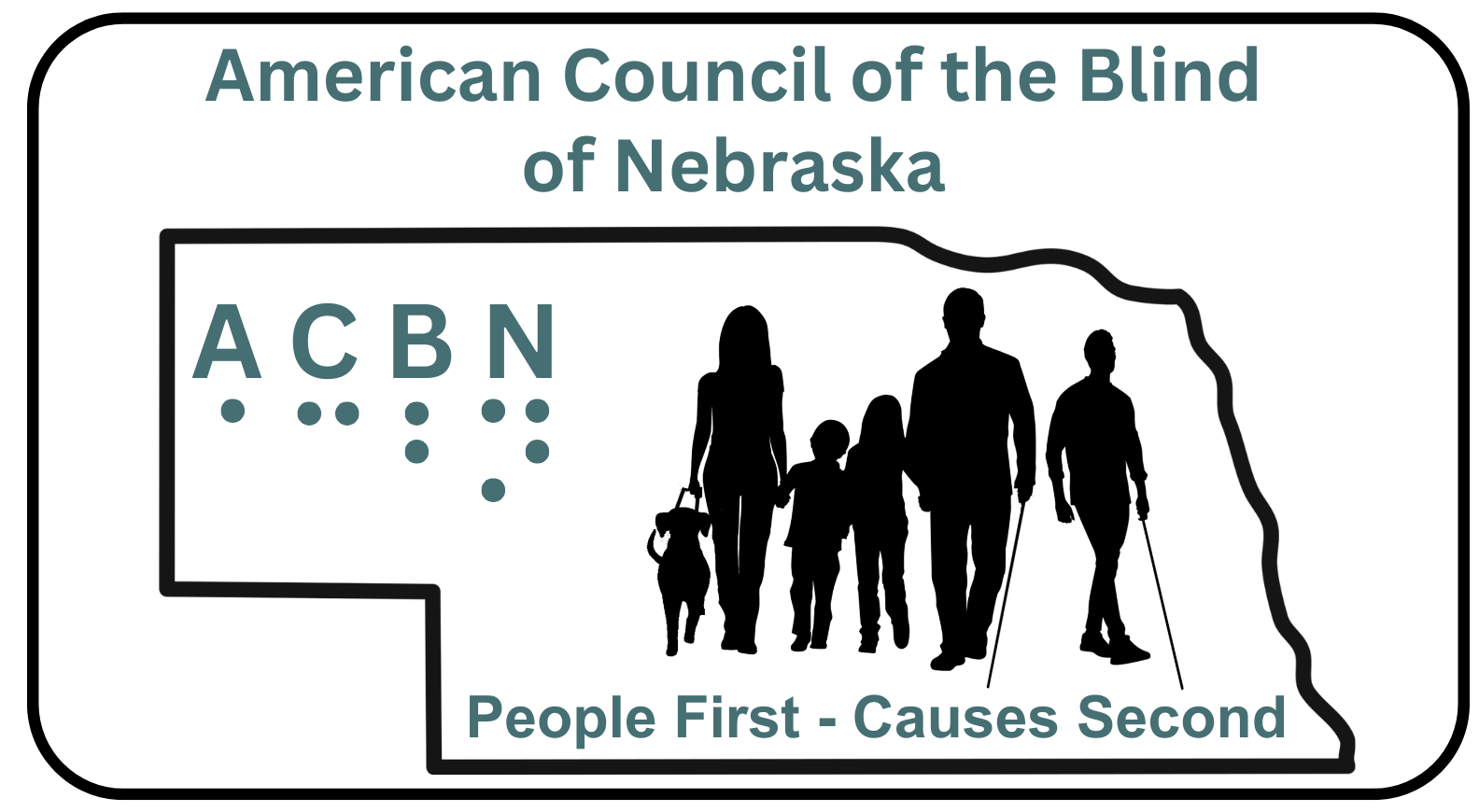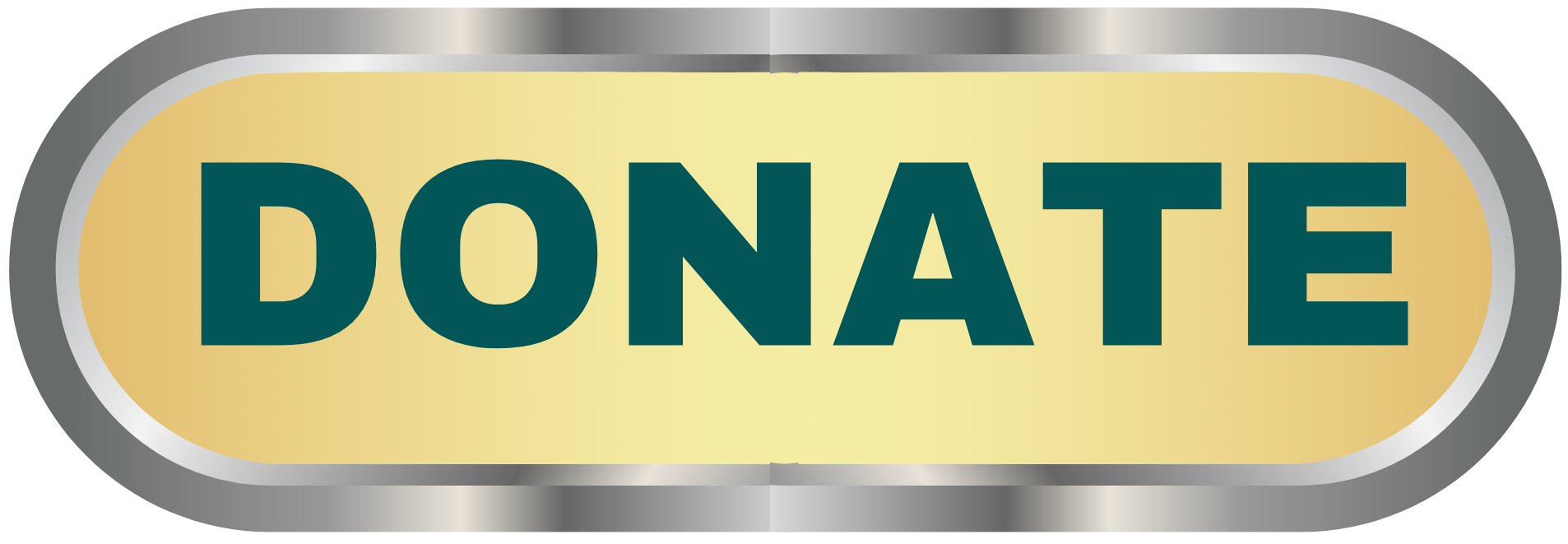The Omaha Council of the Blind (OCB) is a local non profit organization and is registered as a 501(c)(3). The OCB seeks to promote the interests of the blind and visually impaired. Meetings are held every month to promote independence and effective participation in society. The OCB is also a member of the Vision Resource Coalition.
The chapter organizes picnics for blind school children each fall. Picnic attendees are introduced to alternative ways to enjoy nature. These techniques help the students enjoy the same activities as their sighted counterparts. Fund raisers are also planned to aid in offsetting the cost of the annual picnic.
Omaha Chapter Meetings
Day: Second Thursday each month (except July and August)
Time: 7:00 P.M.
Location: First United Methodist Church Room 112 at 7020 Cass St
Social functions may take place in lieu of our monthly meetings.
Elections are held in January.
Contact information
Phone number: (402) 679-8448
Postal address: American Council of the Blind – Omaha Chapter,
PO Box 6506, Omaha NE, 68106-0506
Chapter History and Accomplishments
The Omaha Council of the Blind, (OCB), met on Saturday, May 20, 1989, at the League of Human Dignity with two members present. The purpose for meeting was to discuss subsidized taxi service for the blind and visually impaired in the Greater Omaha area. After lengthy discussion, we decided subsidized taxi service would enhance independent travel for blind citizens but a survey should be designed to assess community needs.
During the summer of 1989, the surveys were distributed among the potential participants. Not surprisingly, most thought a cab subsidy program was a great idea and said they would use one if it were available.
At our July 1989 meeting, we discussed the progress in data collection and statistical analysis from the surveys that were returned along with how to proceed with fundraising. We discussed participating in county fair and the possibility of a Christmas boutique. Also discussed was putting together a committee of volunteers to work on Braille menus for local restaurants. As a result of hard work from the membership, our boutique was a success and we have braille menus for several restaurants in the Omaha area.
Our chapter has been very active in local fund raising. We have sold, with the help of local Village Inn restaurants, Braille embossed mugs. Other items sold include bells with praying hands, pleasure packs and candy bars. Garage sales, Christmas boutiques, participating in the annual Younkers holiday benefit sales, and benefit dances, with Gary Evans and the Sandells donating their talent and a local Eagles Club donating the facilities, have also been a part of our fundraising efforts.
Several years ago, OCB advocated to include audio described movies into the Omaha public library system. After we succeeded in this advocacy effort, we wrote a grant to develop training materials and train individuals to advocate for inclusion of audio described movies in their local libraries around the state. The grant also provided funding for 10 libraries to purchase start-up collections. We developed a curriculum to educate professionals such as librarians and occupational therapists about audio described movies. The training and curriculum materials are available upon request.
On June 4, 2007 we began to investigate the possibility of establishing 501(C)(3) status and the necessary steps involved in the process. Having received legal advice, our membership voted at our June 14 meeting to establish our own 501(C)(3). August 30 saw the initial meeting of the corporation to elect officers.
Over a period of several years, our chapter has grown to as many as thirty-two members, and the cab subsidy program, now referred to as Share A Fare, Inc., kicked off June 14, 1995 with 31 eligible participants, now serving over 400 eligible participants.
Note: On April 29, 2016, the Omaha Council of the Blind became a member of the Vision Resource Coalition. It began in 2010 as The Coalition of Vision Resources with 9 original organizations in Omaha and western Iowa. Its purpose was to better inform optometrists and ophthalmologists about resources for people with chronic vision loss. The Vision Resource Coalition has now expanded to a coalition of over 20 organizations dedicated to serving the blind and visually impaired.


